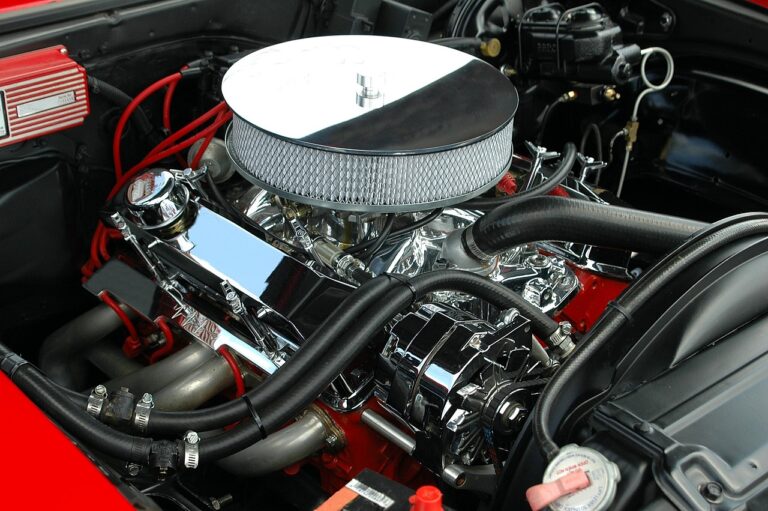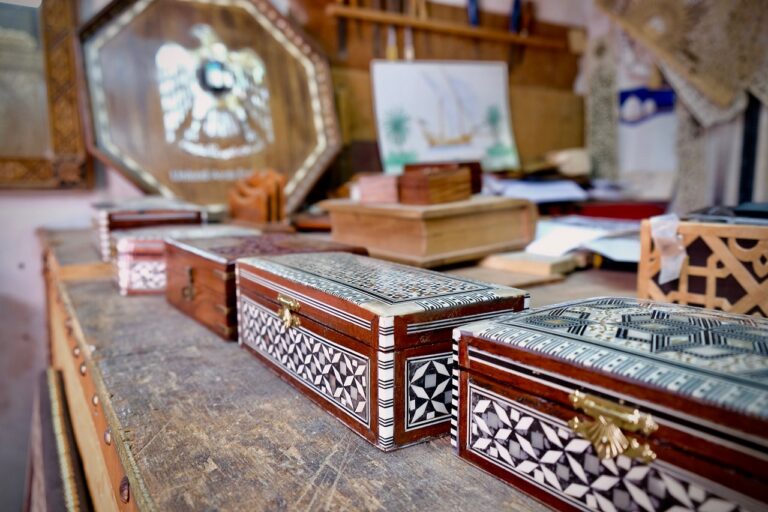Shopping for Ethical Jewelry: Fair Trade Gold, Conflict-Free Diamonds, and Artisanal Pieces
Ethical jewelry has become an increasingly important concept in the world of fashion. Consumers are becoming more conscious of the ethical implications of the products they purchase, including jewelry. This awareness has led to a growing demand for jewelry that is produced in a socially and environmentally responsible manner.
The concept of ethical jewelry encompasses various aspects, including fair labor practices, sustainable sourcing of materials, and transparency in the supply chain. By choosing to support ethical jewelry brands, consumers can contribute to positive social and environmental impacts in the jewelry industry. These brands often prioritize working closely with artisans and small-scale miners to ensure fair wages and safe working conditions, ultimately promoting a more sustainable and ethical approach to jewelry production.
• Ethical jewelry is produced in a socially and environmentally responsible manner
• Consumers are becoming more conscious of the ethical implications of their purchases
• Fair labor practices, sustainable sourcing, and transparency are key aspects of ethical jewelry
• Supporting ethical jewelry brands can lead to positive social and environmental impacts
• Working closely with artisans and small-scale miners ensures fair wages and safe working conditions
Understanding the Impact of Fair Trade Gold
Fair trade gold has been gaining recognition for its positive impact on artisanal miners and the environment. Unlike traditional gold mining practices that often involve exploitation and environmental destruction, fair trade gold promotes ethical mining standards and ensures fair wages for miners. By choosing fair trade gold jewelry, consumers can support sustainable mining practices and contribute to the wellbeing of communities involved in the gold supply chain.
One of the key benefits of fair trade gold is its traceability, which allows consumers to track the journey of the gold from the mine to the finished jewelry piece. This transparency helps to verify that the gold has been sourced responsibly and ethically, giving customers peace of mind knowing that their purchase is not fueling any unethical practices or human rights violations. By opting for fair trade gold, consumers can make a conscious choice to support ethical and sustainable jewelry production.
Exploring Alternatives to Conflict Diamonds
Conflict diamonds, also known as blood diamonds, are diamonds that are mined in regions controlled by rebel forces and used to finance armed conflicts against governments. These diamonds have fueled violence, civil wars, and human rights abuses in countries like Sierra Leone, Angola, and the Democratic Republic of the Congo. The trade of conflict diamonds has had devastating social, economic, and environmental impacts, leading to the loss of countless lives and the displacement of communities.
In response to the issue of conflict diamonds, the Kimberley Process Certification Scheme was established in 2003 to prevent the trade of these diamonds and ensure that only ethically sourced diamonds are circulated in the market. However, the effectiveness of the Kimberley Process has been questioned due to loopholes in the system that still allow some conflict diamonds to enter the legitimate diamond supply chain. As a result, consumers are increasingly turning to alternatives such as lab-grown diamonds and recycled diamonds to ensure that their purchases are free from the taint of conflict and exploitation.
What are conflict diamonds?
Conflict diamonds, also known as blood diamonds, are diamonds that are mined in war zones and sold to finance armed conflict, civil wars, and human rights abuses.
Why are conflict diamonds a concern?
Conflict diamonds contribute to violence, exploitation, and human suffering in regions where they are mined. They also fund rebel groups and perpetuate conflicts.
What is ethical jewelry?
Ethical jewelry refers to jewelry that is produced and sourced in a socially and environmentally responsible manner, ensuring fair wages, safe working conditions, and sustainable practices.
How does fair trade gold impact the jewelry industry?
Fair trade gold ensures that miners are paid fair wages, work in safe conditions, and adhere to environmental and social standards. It promotes transparency and ethical practices in the jewelry industry.
What are some alternatives to conflict diamonds?
Some alternatives to conflict diamonds include lab-grown diamonds, recycled diamonds, and ethically sourced diamonds from mines that adhere to responsible mining practices.
How can consumers support ethical jewelry practices?
Consumers can support ethical jewelry practices by purchasing from brands that are transparent about their sourcing and production practices, opting for fair trade or ethically sourced jewelry, and asking questions about where their jewelry comes from.







